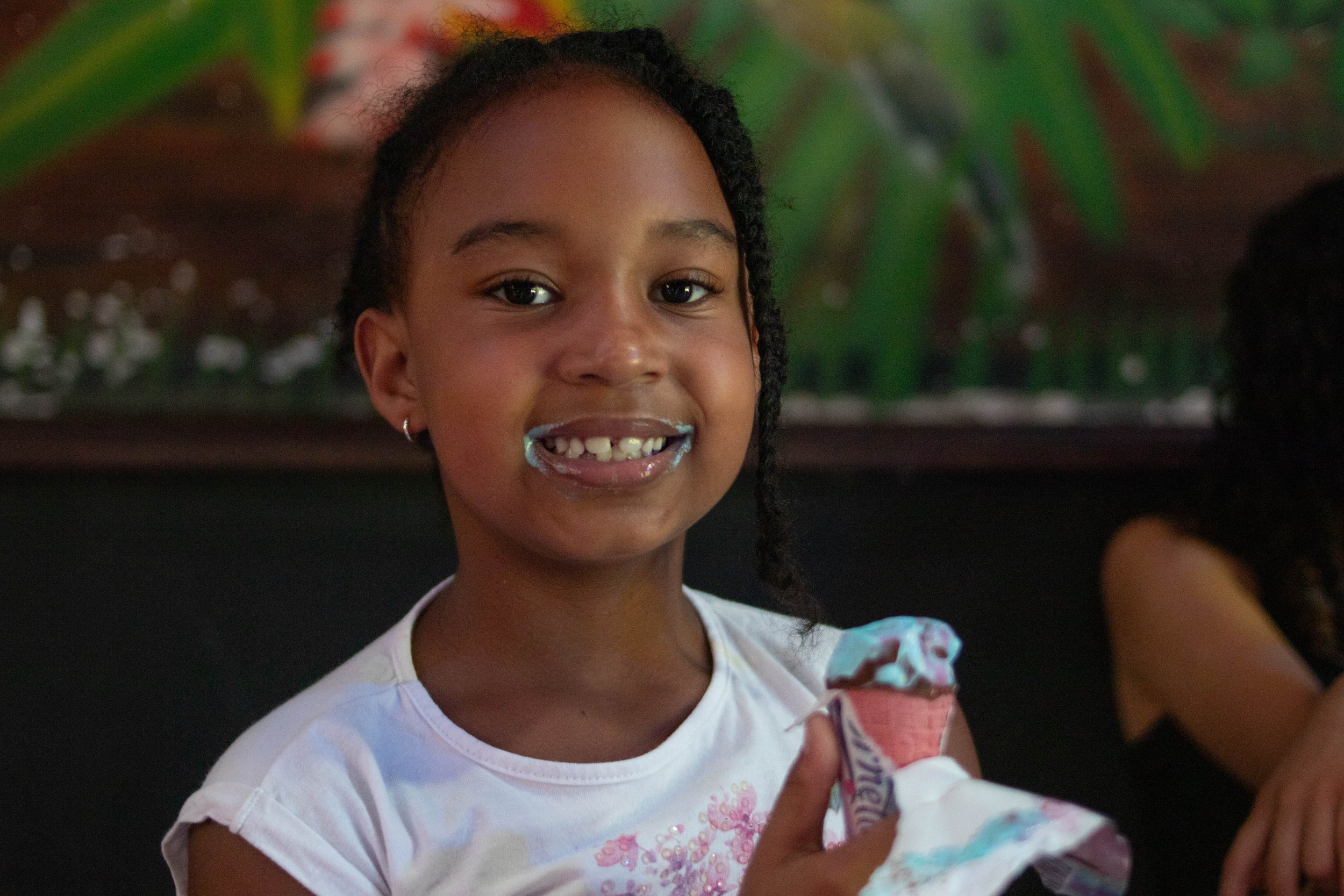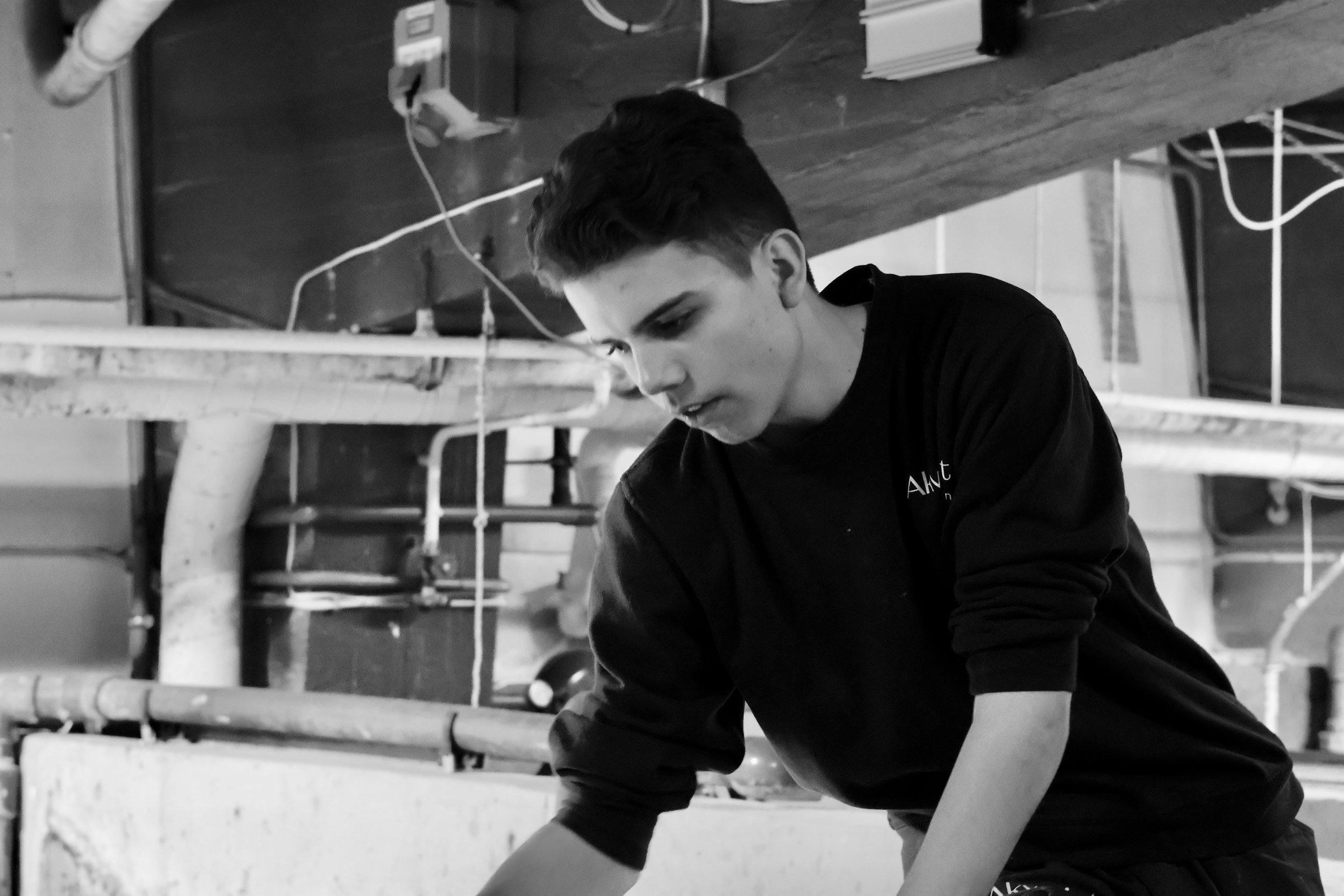VOA - Larissa’s story
Who: Children at Risk Foundation and Rede Cultural Beija-Flor
What: The VOA Project: Cultural activities and vocational training for children growing up in the Brazilian favela. Empowering and supporting women.
In Brazil's poor communities, there are many obstacles that people have to face and few opportunities to build a better future. Poverty, poor quality education, crime, drugs, lack of good jobs and leisure options. The problems affect adults and children alike. The solutions need to be both individual and collective.
For 30 years, the Rede Cultural Beija-Flor (RCBF) and the Children At Risk Foundation (CARF) have been working with the mission of welcoming and offering opportunities to children and their families in Diadema, a city in the Metropolitan Region of São Paulo. This work has a positive impact on the lives of many people, as is the case with little Larissa Silva, aged 7.
"Here at Beija-Flor I've done [workshops in] guitar, capoeira, ballet, cooking and percussion," she says excitedly about all the activities. Larissa has no doubts about her favorites: "cooking, because in the end we get to eat".
RCBF's workshops are completely free and are offered during the before or after-school period for children and teenagers aged between 6 and 17. As well as lots of fun, the activities introduce children to the world of arts and culture and allow them to develop their talents.
What's more, these children don't have a space where they can have fun, play and unleash the vivid imagination of childhood. The house where Larissa lives has a small area on rough terrain, with construction debris that can cause injuries, but it's the only yard available. "There's a place where I play, but there's a hole we can fall into," she says.
At RCBF, Larissa and the other children are housed in a safe space, with trained professionals and away from the dangers they could be exposed to if they were on the streets. During the workshops, they also develop a sense of community and friendship. "I have lots of friends here at Beija-Flor. There's Thiago, Rebeca, Eloá, Francielly, Monalisa and Daniel," Larissa recalls, counting her closest friends on her fingers.
Larissa's mother, Patrícia Silva, talks about how her daughter feels at RCBF. "Larissa prepares herself before going to bed so that she can wake up and go to Beija-Flor. She feels at home because it's a safe environment. She's always very excited."
Larissa is just one of hundreds of children and teenagers full of life and dreams who find in the Rede Cultural Beija-Flor a safe haven, a space for development and joy. This work is possible thanks to the support of the Grieg Foundation.
Related stories
STORIES FROM OUR PRIORITY AREAS
All · Children & youth · Music & culture · Health & research · Climate action · Social impact investment







